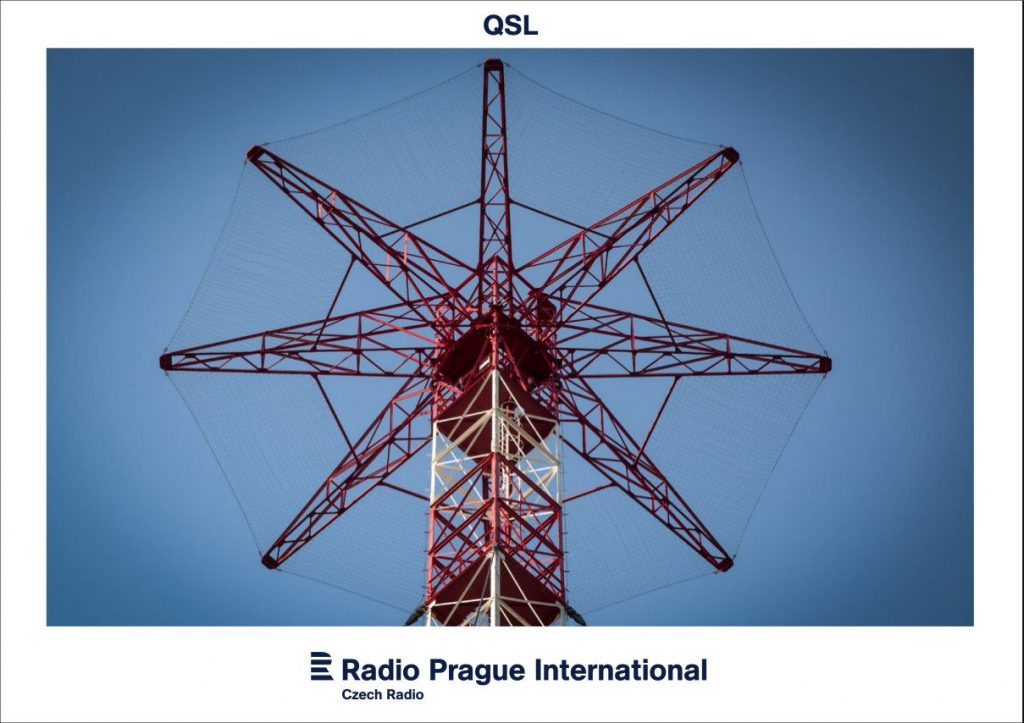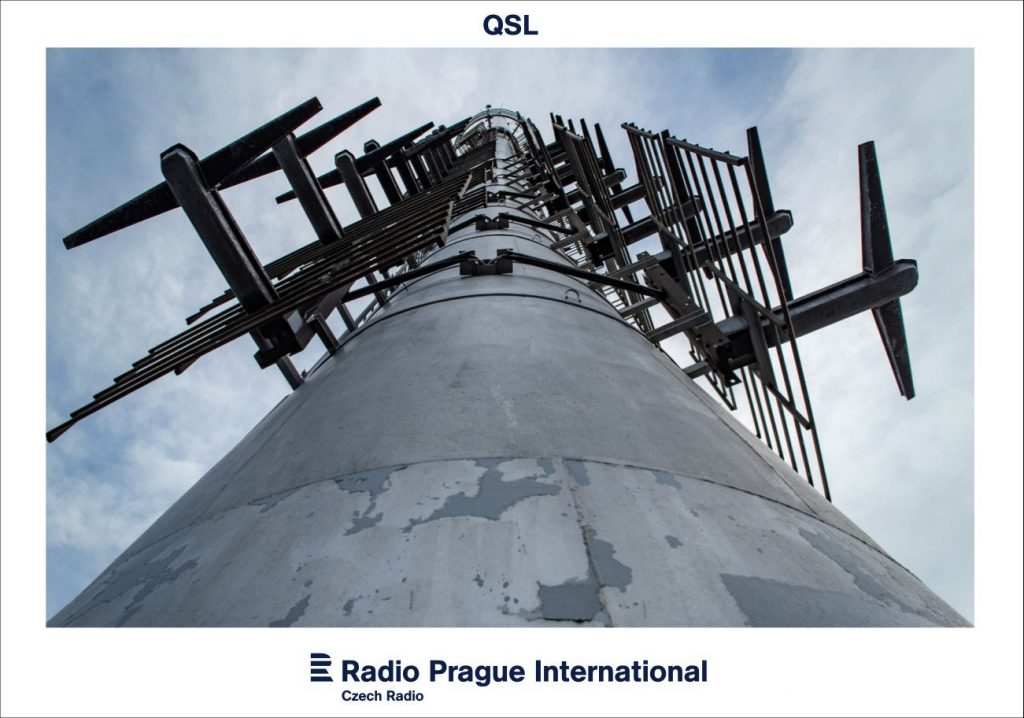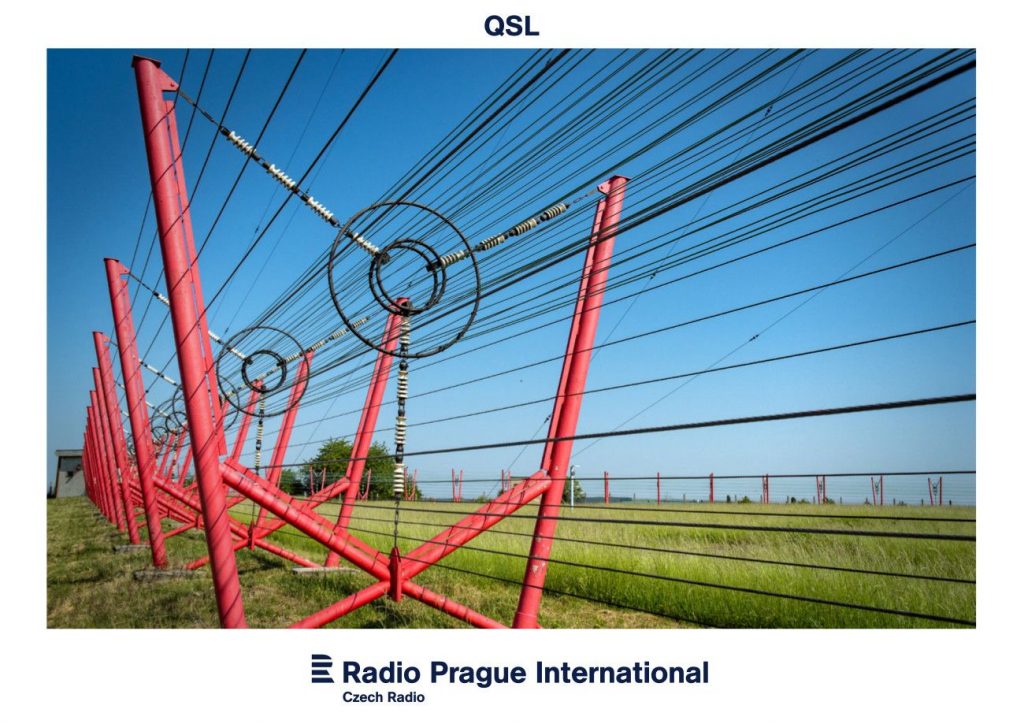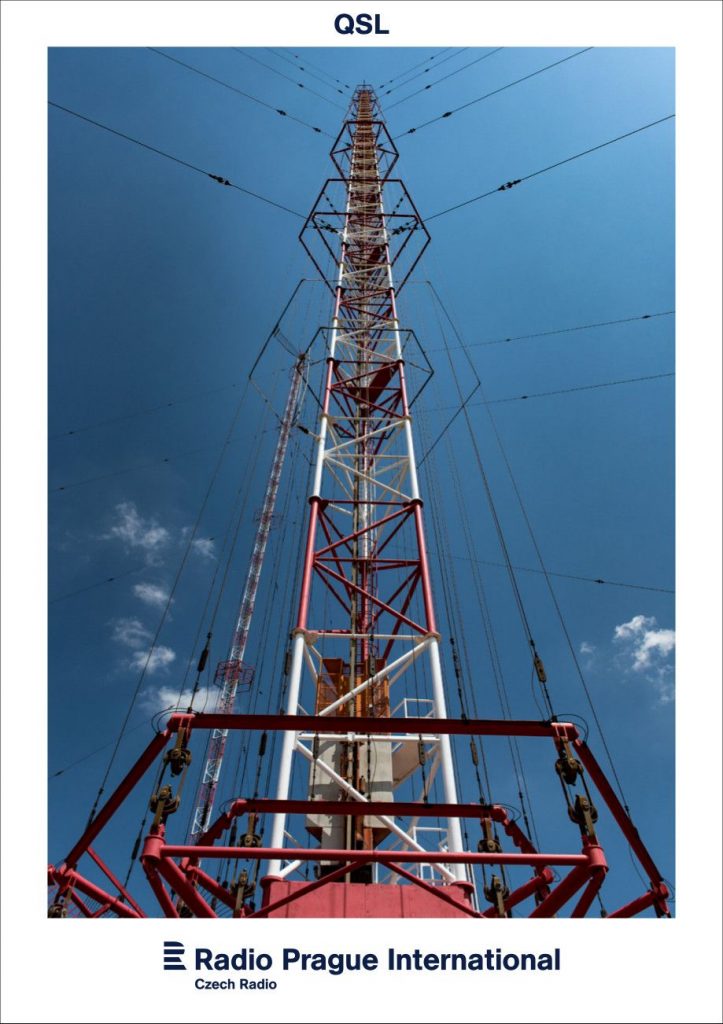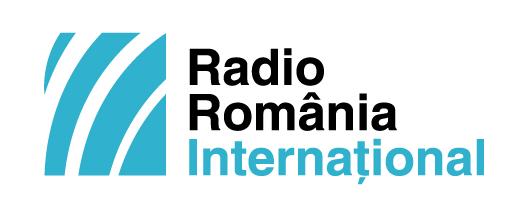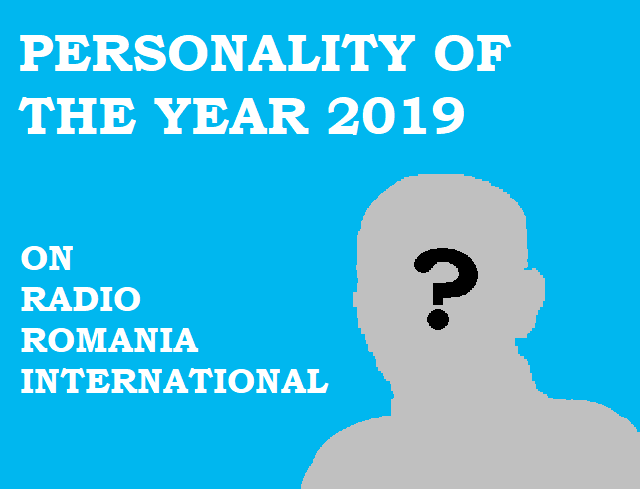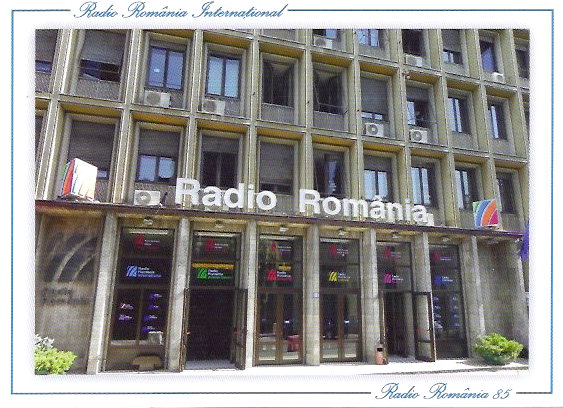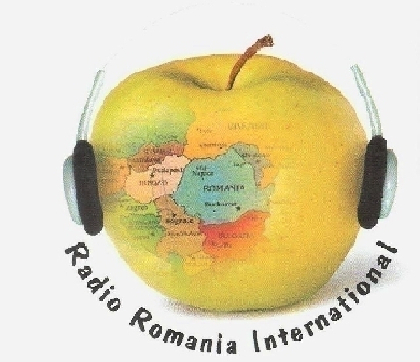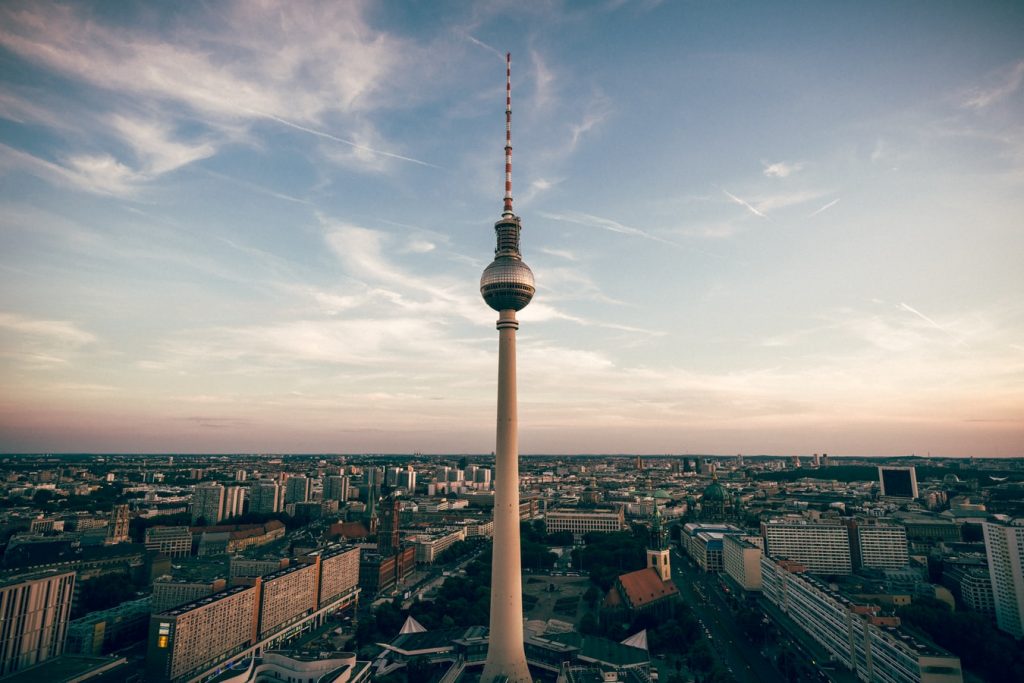Many thanks to SWLing Post contributor, David Iurescia (LW4DAF), who shares the following story from The Print:
Emotional emails & offers to crowdfund — how fans tried to keep BBC Hindi radio on air
The service fell silent last month with its last transmission on 31 January. The BBC management now plans to boost its digital and TV presence.
New Delhi: It was the BBC’s Hindi radio on shortwave that slowly carved an identity for the British broadcaster in India after its launch 80 years ago. With an estimated audience of 40 lakh across India, the radio service was the first choice for consumers of serious news and entertainment alike, particularly in the remote and far-flung parts of the country.
But the service fell silent last month, on 31 January, with the BBC management citing a dwindling audience and plans to boost digital and TV presence as reasons to call time on this chapter of history.
It came as a rude shock for its loyal audience and the dismay was evident, according to BBC insiders.
“It was heartbreaking to see the kind of emotional emails and letters we received on the days preceding the shutdown and after that,” an insider told ThePrint. “They (the audience) pleaded to keep the service afloat. Some even said they were willing to crowdfund it. But it seems the management was interested in the numbers and the BBC Hindi radio service on shortwave was not giving them adequate numbers.”
Another insider in the BBC said audience numbers for the radio service had come down from 1 crore a few years ago to about 40 lakh now, even as its presence on platforms such as YouTube thrived. The service has also established its presence on television with a tie-up with news channel NDTV.
“But in our experience the quality of news consumers is poor in digital as compared to the loyal audience that BBC Hindi radio service in shortwave enjoyed,” the second insider said, basing the assessment on feedback received from both sets of audiences.
“I would say the management was insensitive to the millions of listeners in the remote corners of India who banked on the service as their daily source of news,” the insider added.
The decision to switch off BBC Hindi radio is part of the British broadcaster’s global cost-cutting efforts. It had planned to end the BBC Hindi radio service in 2011, but changed plans owing to massive outrage and a high-profile campaign supported by eminent journalist and author Sir Mark Tully, a former bureau chief of the BBC.
It’s not just the BBC Hindi radio service that has suffered on account of this twin push to cut costs and go digital. Even BBC Urdu announced in December last year that it will end the radio broadcast of its popular news and current affairs programme, Sairbeen.
In India, BBC also has internet broadcasts in other Indian regional languages, but no associated radio services. […]


